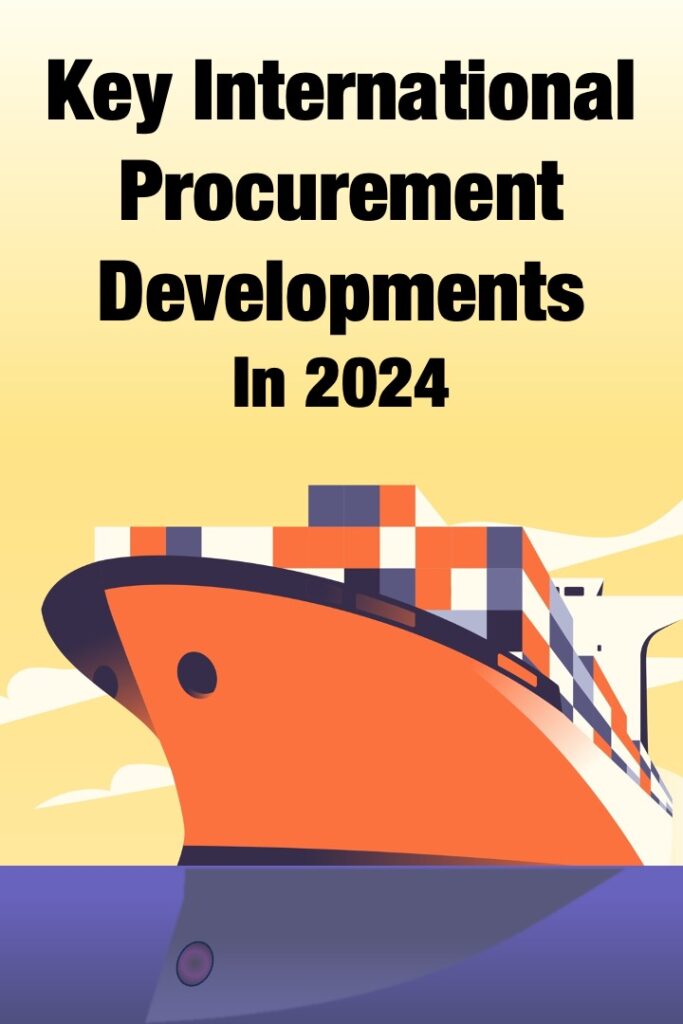
In 2024, major trading partners focused more on protecting domestic procurement interests than opening new procurement markets. That is the conclusion of a new Briefing Paper, Key International Procurement Developments in 2024, published by Thomson

European Commission President, Ursula von der Leyen, proposed a procurement preference for EU products in her bid for a second term. Such a move would represent a departure from the EU’s generally open procurement market and its criticism of preferences

As the world’s single largest purchaser, the US federal government has the potential to play a significant role in addressing climate change. It can leverage its $700 billion annual expenditures on goods and services and lead by example in purchasing

The Office of Management and Budget (OMB) posted a “Report on the Impact of Free Trade Agreements on Buy American Laws” (Report) on its website, dated February 2024. The Report was in response to a directive in the infrastructure Investment and Jobs Act

A recently published briefing paper outlines key developments in international procurement that may be of particular interest to US suppliers. The paper, Key International Procurement Developments in 2023, published by Thomson Reuters, outlines activities in
This post explores the challenges in implementing the broad domestic preference mandate in the Build America, Buy America (BABA) Act. This mandate has created challenges for entities undertaking infrastructure projects with federal funds, notably the
China formally applied for membership in the Comprehensive and Progressive Trans-Pacific Partnership (CPTPP) in September 2021. In order for it to accede to that 11-member agreement, it will need to meet the CPTPP’s high government procurement standards.
China’s negotiations to join the WTO Government Procurement Agreement (GPA) have entered their 14th year, with little indication they will conclude anytime soon. While China has made significant progress in its GPA negotiations, the United States and